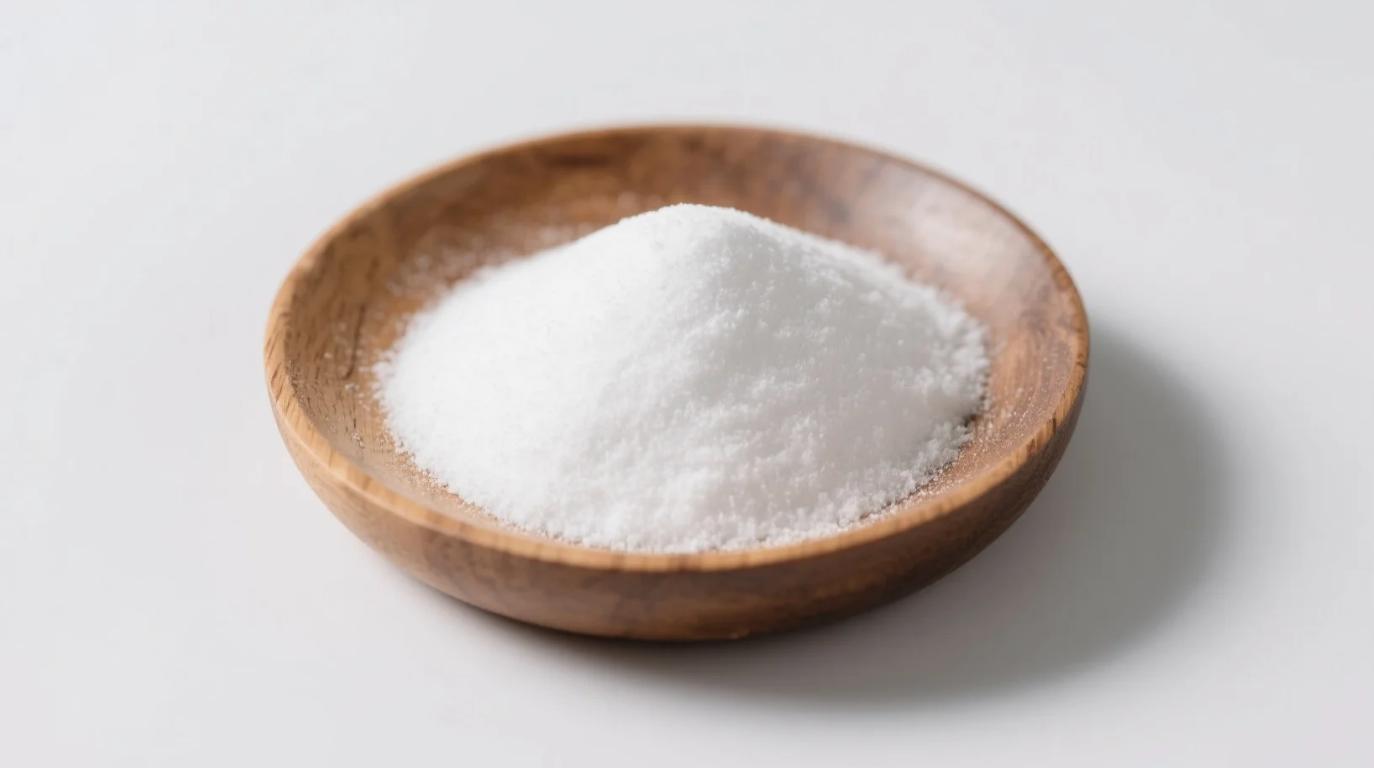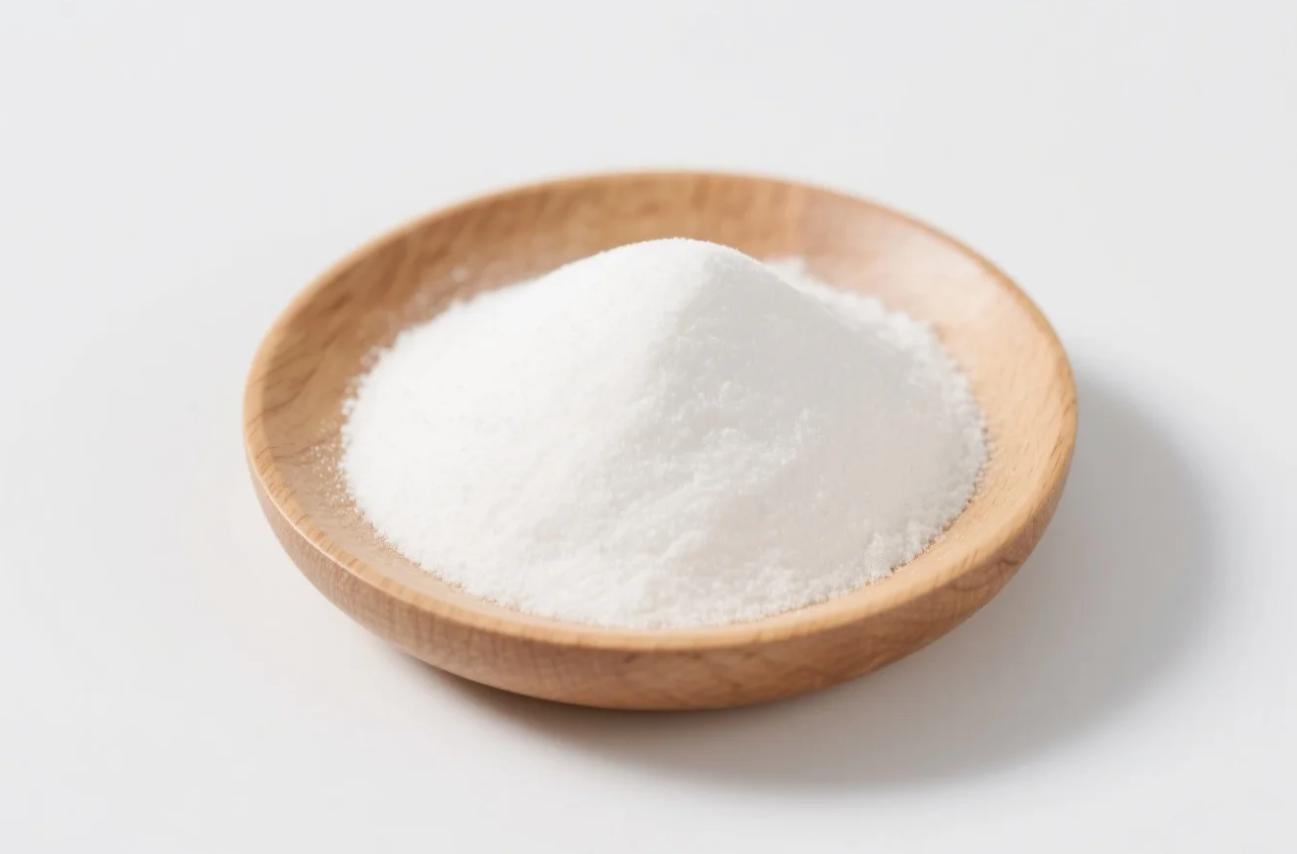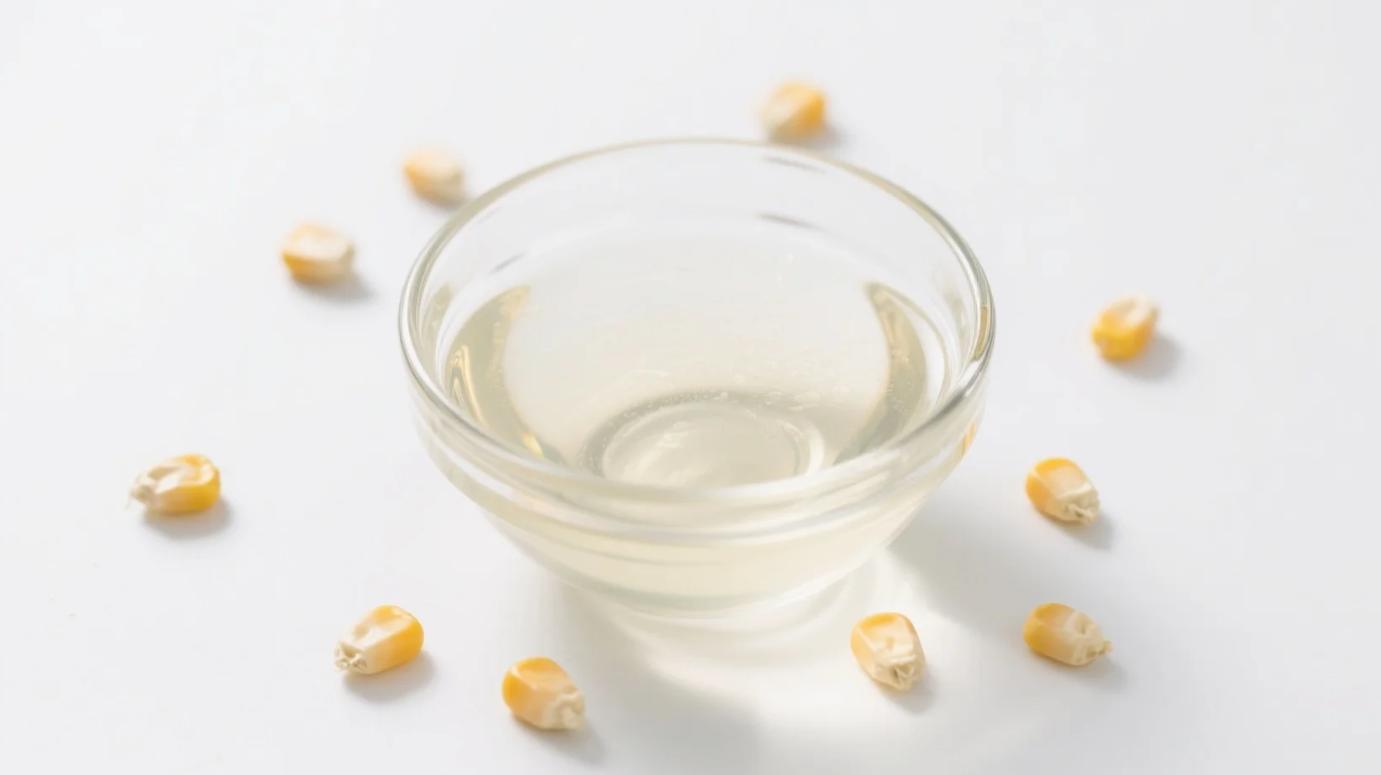Table of Contents
In the quest for healthier alternatives to sugar, maltitol has become a popular sugar alcohol widely used in various “sugar-free” or “low-sugar” food products. As consumers become increasingly health-conscious, questions about the safety of such ingredients, including whether maltitol is cancerogenic, are entirely valid. For organic maltitol powder, the clear answer, based on extensive scientific research and regulatory reviews, is no, maltitol is not considered cancerogenic.
Let’s delve into the scientific consensus and why organic maltitol powder is a safe choice for formulators and consumers.
The Science Says: Maltitol is Safe and Not Cancerogenic
The safety of food additives, including sugar alcohols like maltitol, is rigorously evaluated by regulatory bodies worldwide, such as the U.S. Food and Drug Administration (FDA), the European Food Safety Authority (EFSA), and the Joint FAO/WHO Expert Committee on Food Additives (JECFA).
Here’s what the scientific evidence and these authorities conclude about maltitol:
- Extensive Safety Studies: Maltitol has undergone numerous scientific studies, including long-term animal studies and human clinical trials, to assess its safety, including potential carcinogenicity. These studies consistently show no evidence of cancer-causing effects associated with maltitol consumption.
- Regulatory Approvals: Maltitol is approved for use as a food additive in many countries, a testament to its safety profile. Its status as a widely accepted ingredient in “sugar-free” and “no-added-sugar” products globally reinforces this.
- Mechanism of Action: Maltitol is a sugar alcohol. Unlike some synthetic compounds, it’s not known to interact with DNA or cellular processes in a way that would promote cancer development. It’s partially absorbed in the small intestine and the unabsorbed portion is fermented in the large intestine.
The misconception about maltitol and cancer might stem from general distrust of artificial sweeteners or a misunderstanding of how sugar alcohols are metabolized. However, based on the robust body of evidence, these fears are unfounded for maltitol.
Benefits of Organic Maltitol Powder
Beyond its proven safety, organic maltitol powder offers significant advantages for both health-conscious consumers and food manufacturers:
- Reduced Calorie Content: Maltitol provides approximately 2.1 calories per gram, which is about half the calories of sugar (4 calories per gram). This makes it an excellent choice for creating lower-calorie and weight-management-friendly products.
- Lower Glycemic Impact: Maltitol has a significantly lower glycemic index (GI) compared to sugar. It is digested and absorbed more slowly, leading to a much smaller and more gradual rise in blood sugar levels. This makes it suitable for individuals managing blood sugar, including diabetics, or those seeking to avoid sugar spikes.
- Excellent Sweetness Profile: Maltitol provides about 90% of the sweetness of sugar, with a very similar taste and mouthfeel, and without the cooling sensation often associated with some other sugar alcohols. This allows for effective sugar reduction without compromising taste.
- Dental Health: Like other sugar alcohols, maltitol is non-cariogenic, meaning it does not promote tooth decay. Oral bacteria cannot readily metabolize maltitol into acids that harm tooth enamel.
- Clean Label & Organic Sourcing: Choosing organic maltitol powder ensures that the product is derived from organic sources (typically corn or wheat starch, though the final product is a sugar alcohol) and processed without synthetic pesticides or GMOs, appealing to consumers seeking natural and transparent ingredients.
Potential Side Effects: A Matter of Dosage
While not cancerogenic, it’s important to be aware of a common, dose-dependent side effect of sugar alcohols, including maltitol:
- Digestive Discomfort: Consuming large quantities of maltitol can lead to mild digestive discomfort, such as gas, bloating, or a laxative effect, particularly for individuals not accustomed to sugar alcohols. This is because unabsorbed maltitol ferments in the large intestine. Starting with smaller amounts and gradually increasing intake can help minimize these effects.
In conclusion, the concern about maltitol being cancerogenic is not supported by scientific evidence. Regulatory bodies worldwide have affirmed its safety for use in food. Organic maltitol powder stands as a reliable, non-cancerogenic, and beneficial ingredient, offering significant advantages over sugar by providing reduced calories, a lower glycemic impact, and dental health benefits, all while maintaining a pleasant taste and a clean-label profile.
Are you looking for a safe and effective sugar alternative for your products?
You might also like
Organic Dextrose Powder
A simple, naturally derived sugar from organic corn starch, offering clean sweetness, rapid energy, and…
Organic Maltodextrin Powder
Organic maltodextrin with DE 8–20 range, neutral taste, high solubility, and multiple functional uses.
Organic Glucose Syrup
A pure, viscous liquid sweetener derived from organic corn starch, offering balanced sweetness, excellent body,…




